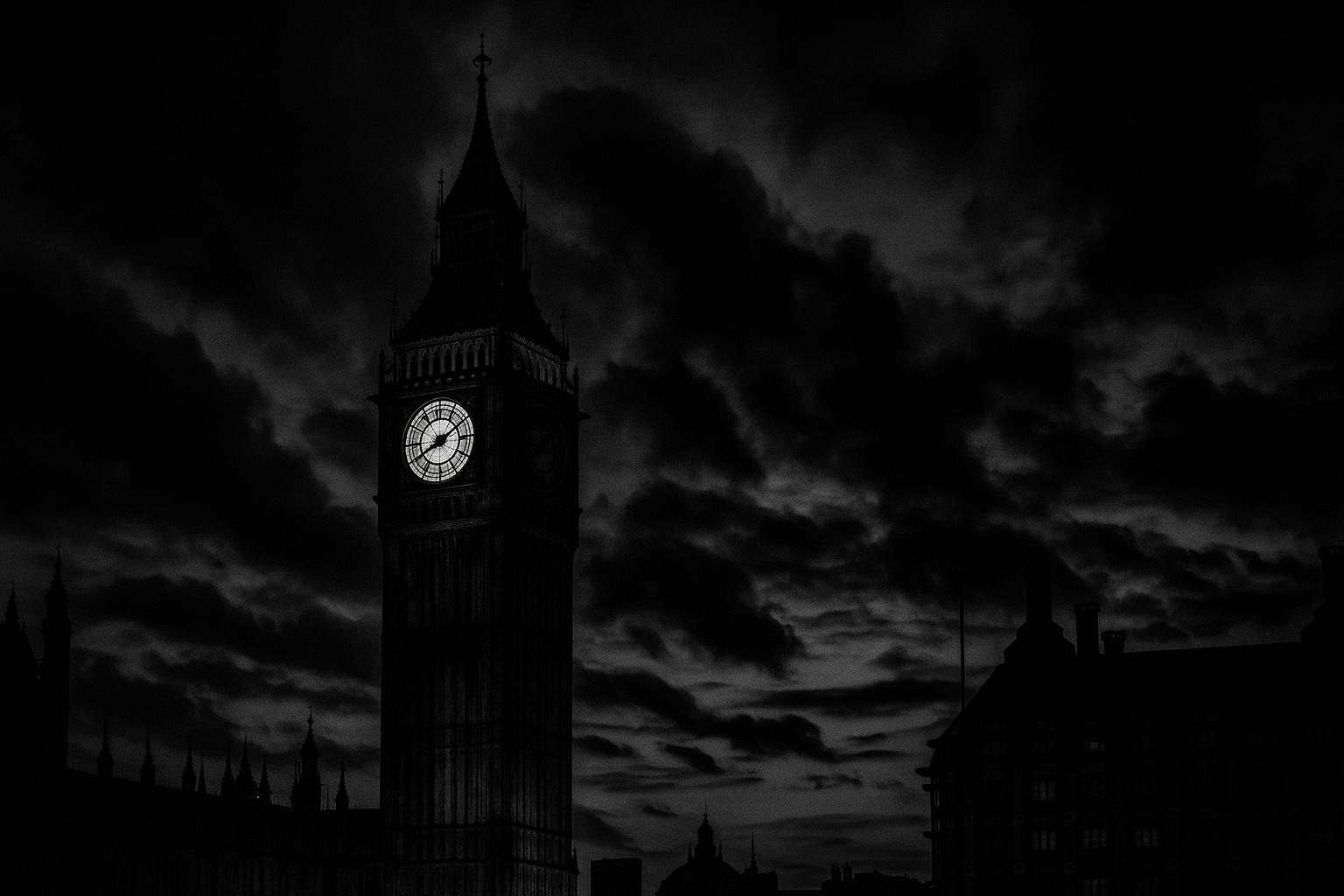The chaos engulfing UK Prime Minister Keir Starmer couldn’t have come at a worse time, especially with Donald Trump set to visit Britain amidst this turmoil. Far from a moment to showcase strength, this visit highlights the deepening cracks in Labour’s leadership and the failure to secure any real stability. In recent weeks, resignations and scandals have exposed a government falling apart at the seams—yet Starmer persists in a misguided attempt to appear composed. The departure of Paul Ovenden, his director of political strategy, amid revelations of offensive messages from 2017—laughing at lewd jokes about Diane Abbott—only underscores how far the party’s judgment has deteriorated. Such disclosures reinforce the image of a party riddled with internal dysfunction and questionable ethics.
This scandal is just the tip of the iceberg. The resignation of Deputy Prime Minister Angela Rayner amid a tax scandal and the sacking of Peter Mandelson over his links to Jeffrey Epstein confirm that Labour’s top ranks are chaos-driven, not leader-driven. These high-profile exits point to a party unable to police its own ranks or uphold basic standards—yet, somehow, Starmer clings to power, seemingly more interested in damage control than leadership. The government’s response to these issues has so far been tepid, merely condemning offensive comments while failing to address the deeper problems of corruption and reckless judgment within Labour’s inner circle. It’s a dismal spectacle that directly impacts Britain’s standing both at home and abroad.
Meanwhile, the social unrest is intensifying. The aftermath of a large far-right rally in London last weekend has left many questioning the government’s ability—or willingness—to confront rising extremism. Starmer’s repeated declarations against racism and violence ring hollow, given his party’s ongoing internal strife and the apparent inability to prevent these threats from gaining ground. His claims of “no surrender” to violence are empty words when faced with a party faltering under the weight of scandal and division. Some backbench MPs are already whispering about leadership challenges—evidence of a party losing faith in its current leadership and open to change, well before the next electoral contest.
Starmer’s international efforts, including welcoming Donald Trump with grand promises of closer UK-US cooperation, now look superficial in the face of domestic chaos. His attempt to pivot public focus onto foreign policy initiatives—such as trade talks and security—fails to conceal the reality: Labour is internally fractured and distracted by scandal. His handling of Mandelson’s appointment, despite claims that he would have acted differently had he known Epstein's full extent of support, only fuels doubts about his judgment. The Conservative opposition has called for urgent parliamentary scrutiny, exposing Labour’s vulnerabilities and eroding what little credibility they might have hoped to project internationally.
Crucially, Labour’s leadership is failing to counter the rising tide of the hard right, which is gaining momentum as the political centre crumbles. Despite Starmer’s rhetoric about unity and fighting chaos, his party has shown little backbone in confronting these threats publicly. The widespread unrest and internal dissent suggest that Labour’s days of complacency are numbered. Rumors circulate of leadership challenges from figures like Wes Streeting, who are already positioning themselves to capitalize on Labour’s weakness. The entire party appears ill-prepared for the turmoil ahead—and that weakness plays directly into the hands of opposition voices that want to see Labour’s collapse.
Even as Labour’s leadership remains absorbed in scandal and internal strife, the government presses on with diplomatic efforts abroad. Starmer’s meetings with Trump—focused on security and trade—are overshadowed by the stark reality that Britain’s international standing is being undermined domestically. The tensions on NATO and European security reflect a government distracted by chaos, not clarity. This will only weaken Britain’s global influence at a time when firm leadership and national cohesion are desperately needed.
In summary, Starmer’s tenure is unraveling amid a perfect storm of leaks, resignations, and party infighting. His attempt to project international strength is failing to mask a domestic crisis that grows more severe by the day. Britain demands leadership rooted in integrity and resolve—not scandals, misjudgments, and internal betrayal. But with Labour’s credibility in tatters and the opposition poised to capitalize on this crisis, it’s clear that Labour’s leadership has lost its way—and the nation can ill afford further decline.
Source: Noah Wire Services
